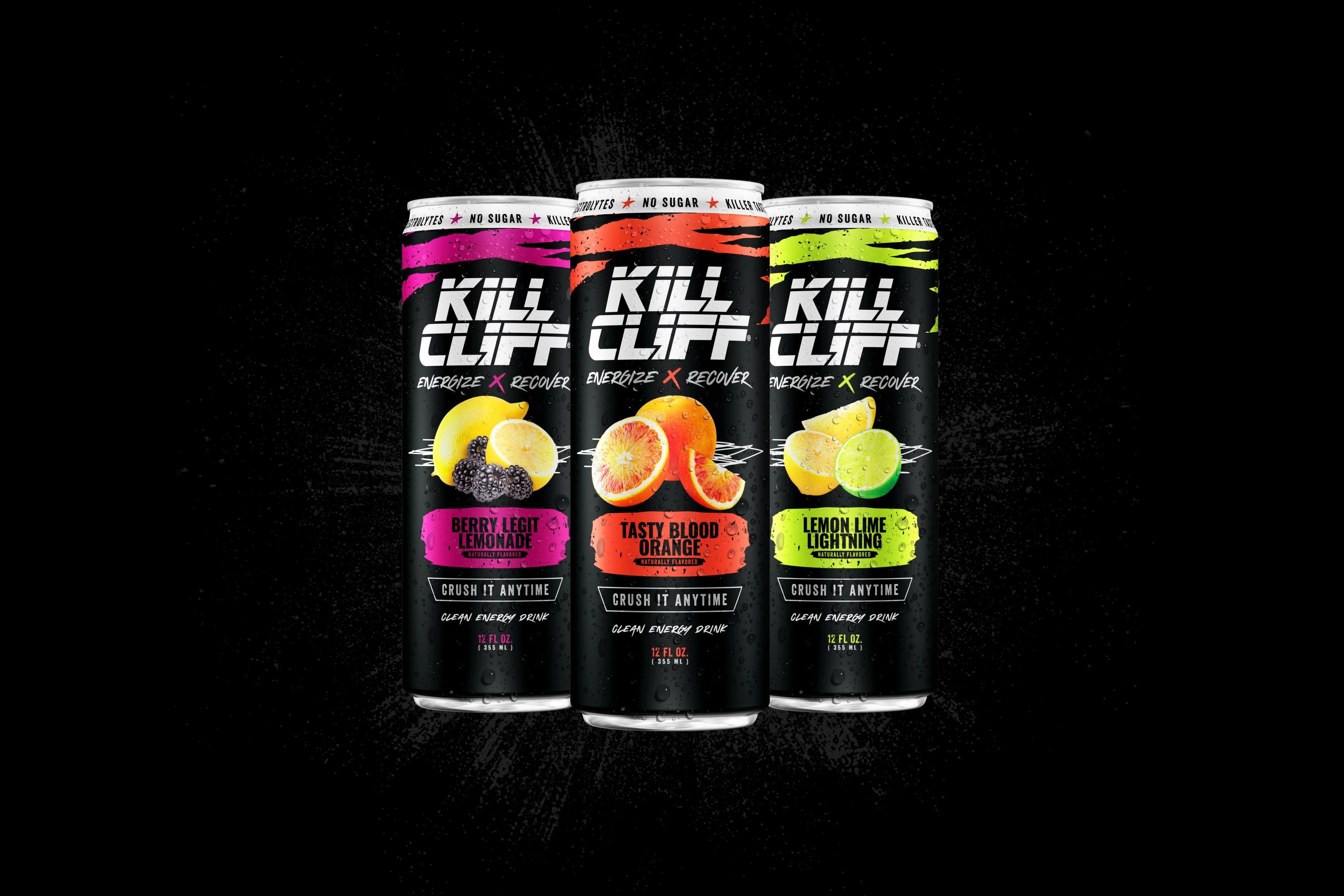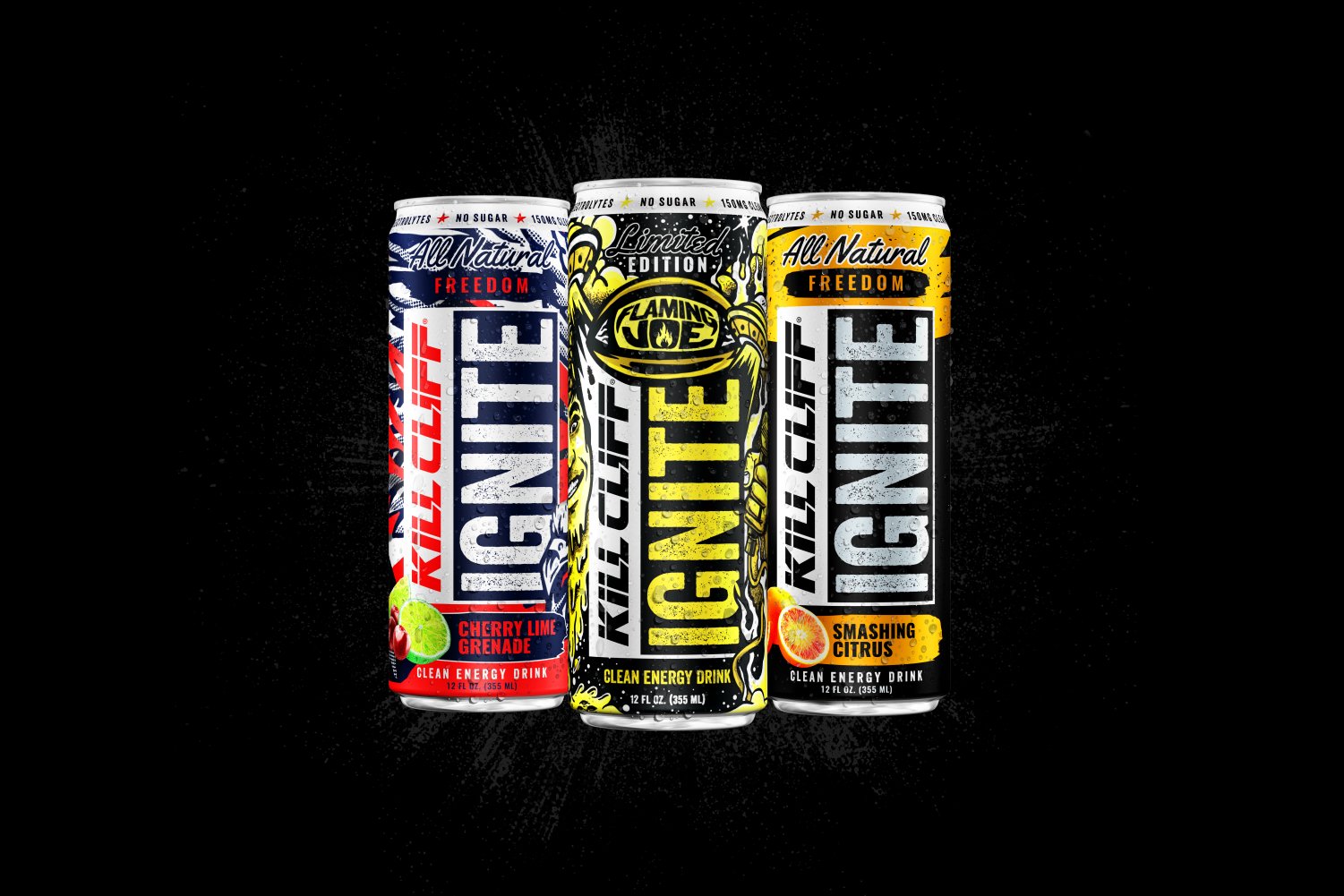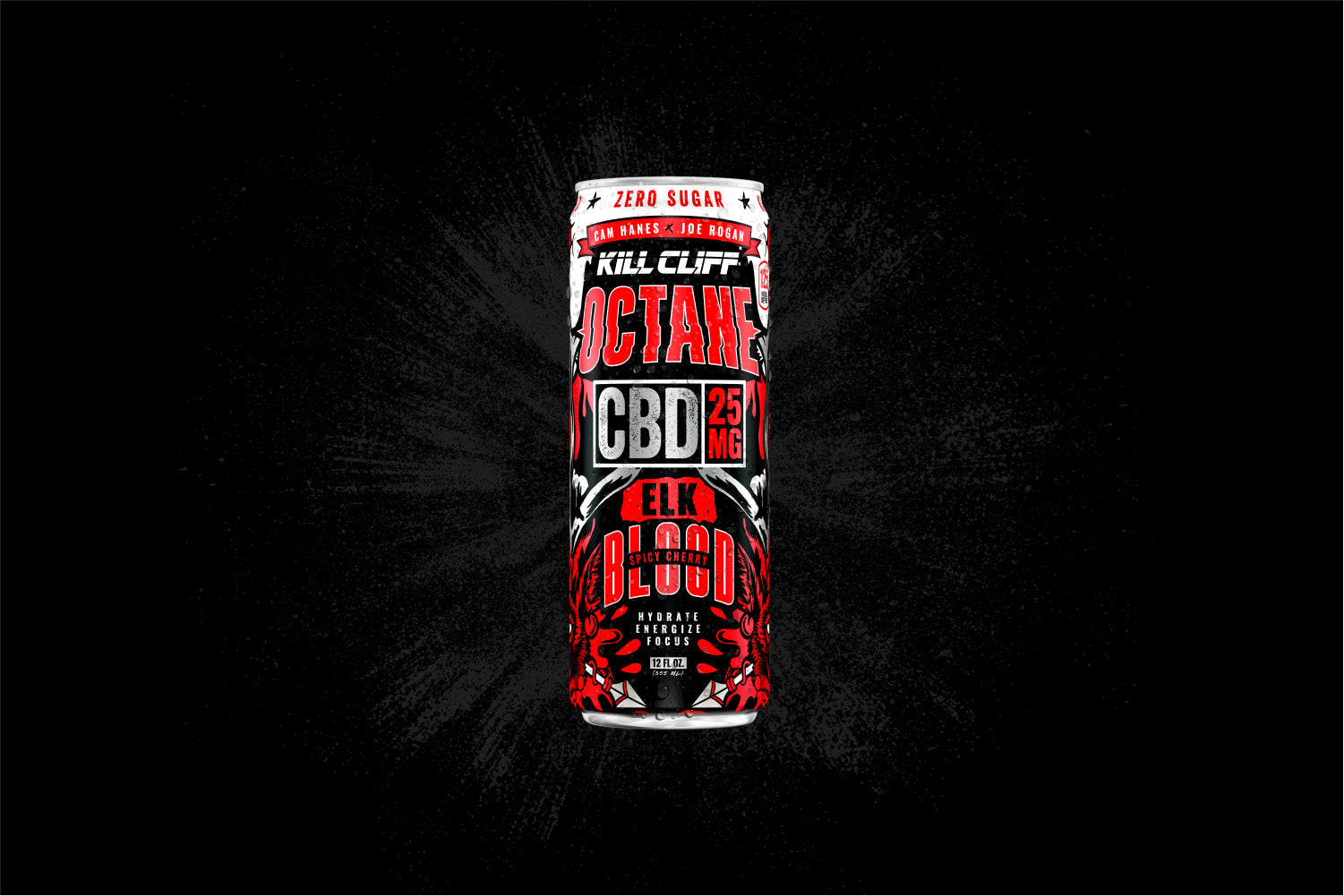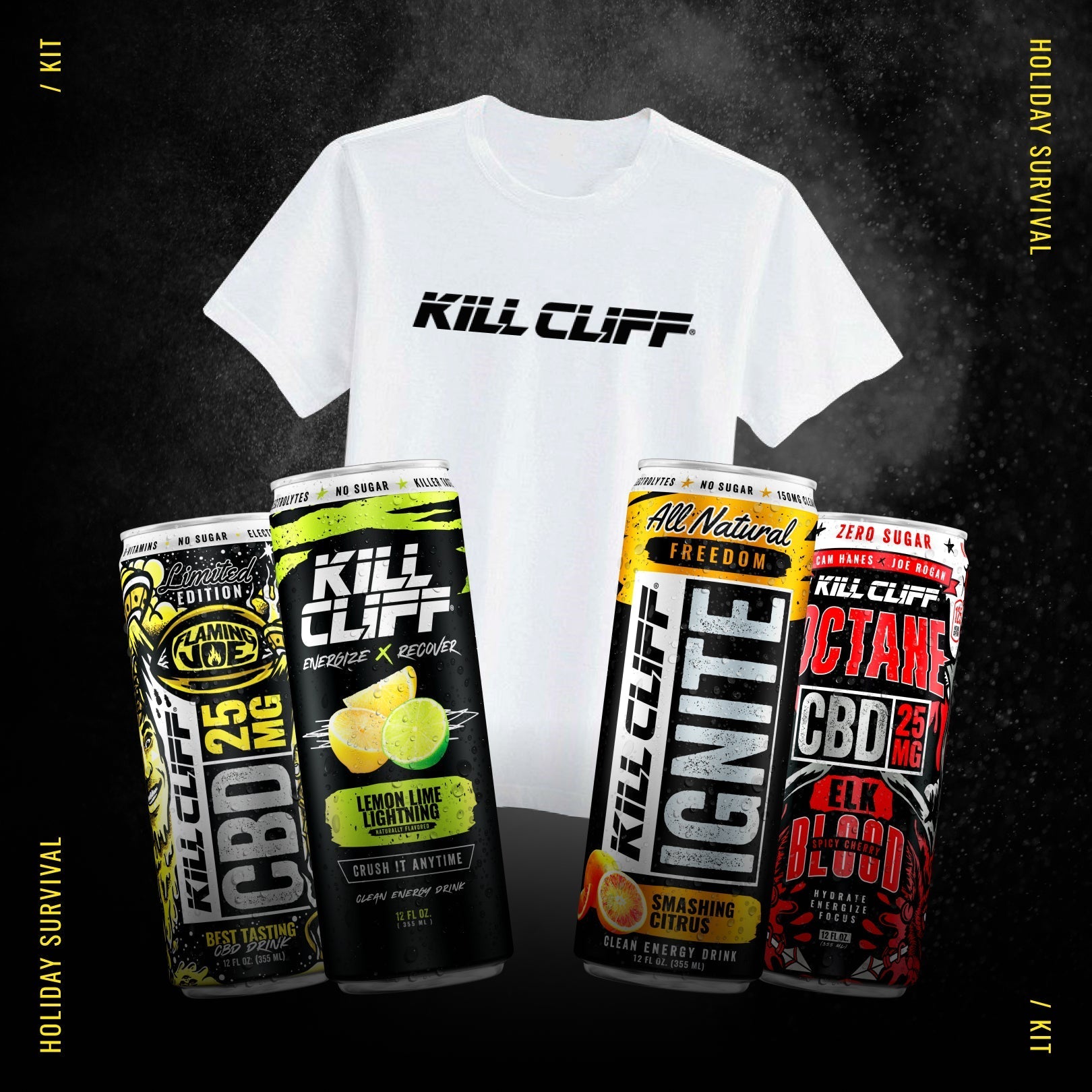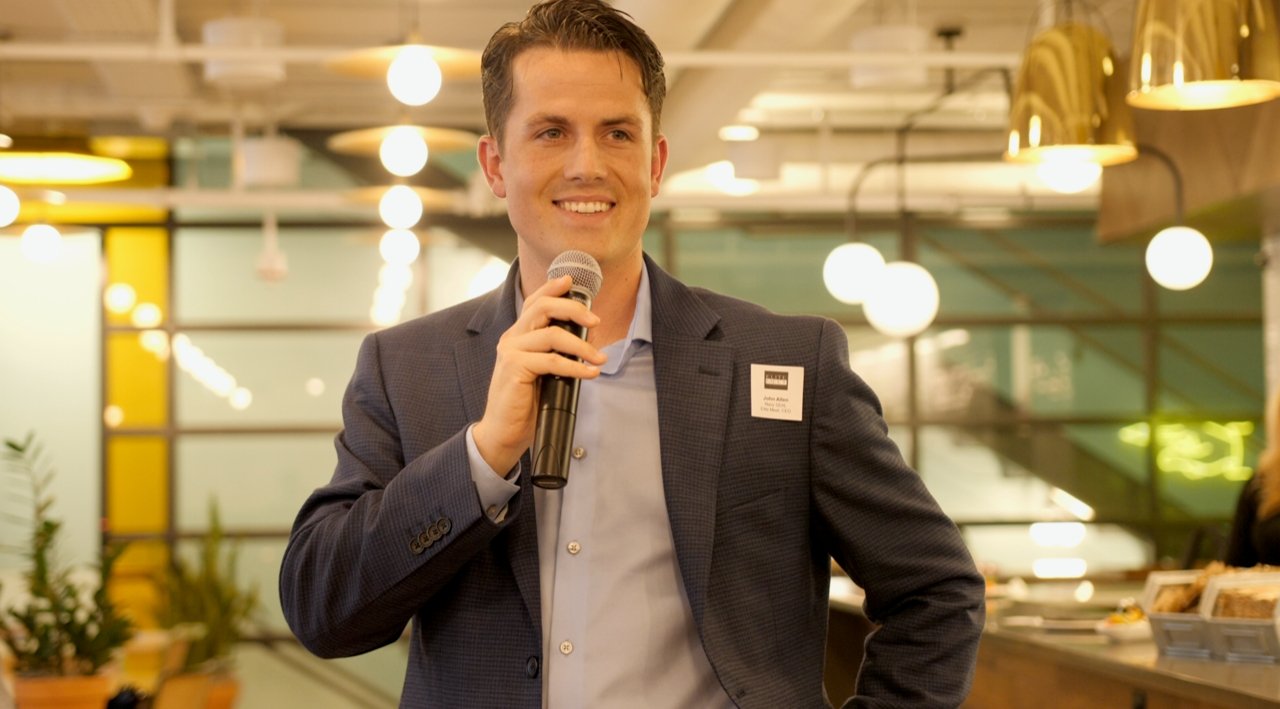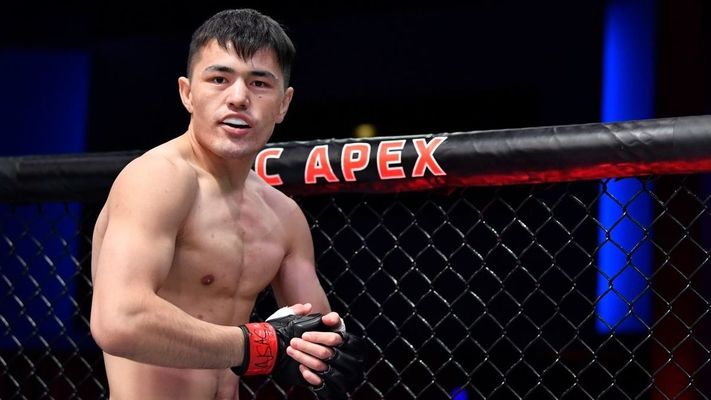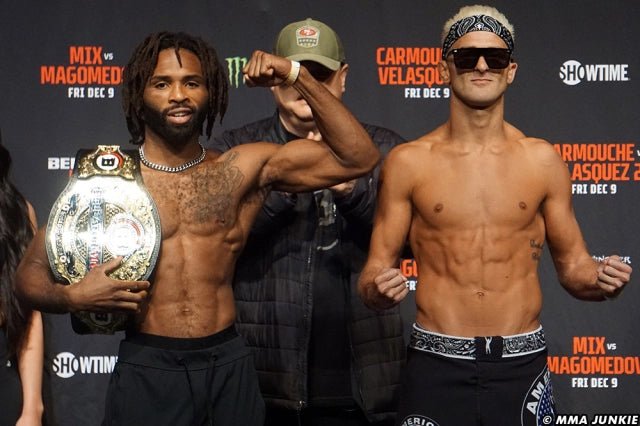
Former Navy SEAL John Allen was once in the shoes of many of the special operators he helps today. He was fresh out of the Teams and wasn't really sure what his next step was going to be. How was he going to provide for his family? A few connections and events later, and Elite Meet was created. Elite Meet was founded in 2017 to connect these elite veterans with high quality, screened employment opportunities.
We talked with John about his SEAL days, how Elite Meet got it's start, and more.
KC: Was being a SEAL always a dream of yours from a young age? Or was it something you discovered later in life?
JA: No, it was not a lifelong dream. My lifelong dream was to play for the Boston Red Sox. Not in the way kids dream, but I believed I was going to be Red Sox player, but that didn’t happen. I was in college and realized I needed to figure out what I was going to do. Anything else other than baseball sounded awful. I liked the idea of the military but wasn’t super serious about it. It was a unique job that deserved respect.
In college, I met two SEALs and I was instantly enamored with the idea of being a SEAL. At that point, I had to try to be a SEAL. It’s hard to describe my obsession with that idea, but I think I liked the idea of doing something that I had to earn my place in and being a SEAL checked off a lot of those boxes for me. I’ve always been an impulsive person but usually stick with my impulsive decisions. My mind was set and I didn’t have a backup plan.
KC: Do you have any BUD/S horror stories?
JA: I was not a good BUD/S student. I tried as hard as I could, but I was not athletically gifted. I was competitive, but I was not someone who was naturally good at anything we did in BUD/S, especially the underwater tests. I was pretty uncomfortable underwater but figured I would figure it out. I went through the hell week which was advertised as the hard stuff. The second phase was the underwater tests, which included the pool comp. It’s the last big test of the entire selection process. It’s about 20 minutes of more or less of a drowning simulation. You’re supposed to demonstrate your competency in water with your equipment on. A lot of people struggle with pool comp., but I was really bad at it. You get four attempts at it and I failed all four. If you botch a test, you’re either out of BUD/S altogether or they’ll let you retry with the next class. If you don’t pass in your next attempt you’re gone.
I was lucky enough to get to try in the next class and spent tons of time training for my next attempts. I was much more confident this time, but of course, I failed my first two attempts in my second go at pool comp. At this point, I had six failed attempts. They give you the weekend to worry about it before you get your next two attempts. Luckily, I was able to pass on my seventh attempt. Most people usually don’t get that many attempts.
KC: What kind of life lessons did you learn during your time in the Navy SEALs?
JA: There’s quite a bit of training that goes into being a SEAL before you even get to be a SEAL. There’s a lot of money that goes into training so that all of the SEALs can be trained at the highest level. People want to talk about mental toughness and mindset is important, but I think the thing that the Navy SEAL forces you to learn is the power of committing to something. Many people show up almost as tourists and they get to go home and say that they attempted Navy SEAL training. They found a way to dig deep and get past the pain and suffering in order to move on. I had those moments, but I was committed to graduating and I was able to push those bad thoughts out of my mind. That’s a product of when your brain commits. BUD/S training and the job itself is too long and too difficult not to be committed.
KC: What was your transition like out of service?
JA: When I got to a SEAL Teams, I got to go to Afghanistan in my deployment and experience the full spectrum of what a SEAL does. It was one of the happier times of my life. At the end of the deployment, we were involved in an ambush and a grenade set off next to me and my team. Shrapnel was sent into my back. Our medic saved my life as I was bleeding out. My plan was to be a career SEAL, but my injury wouldn’t let me do that. After my injury, I was somewhat happy about being validated by my peers and what it would do for my career but seeing my wife after the injury made me realize the hardest part of being a SEAL. We had a hard conversation and decided that I should retire after my contract ended so I could focus on my family.
KC: How did Elite Meet get its' start?
JA: When I thought I had two years left on my contract, there was an error on my contract that forced me to exit out in eight weeks after finding the error. I was being told by Navy friends to reenlist, but my wife wanted otherwise. I didn’t know what do for a job. I was panicking and was lucky enough to connect with a guy named Jordan. He was reaching out to former military guys and seeing what they were doing on their way out. What started out as a cry for help ended up turning into a friendship. He suggested I start helping people get the jobs they want after leaving the military. He connected me to a few people that could help me get this started. There are so many people who don’t know what they want to do when they get out if they don’t already have a degree. We had a networking event that was supposed to connect operators to employers. It was supposed to be a one-time deal and it turned into 20-plus events.
KC: What’s your favorite success story in your time with Elite Meet?
JA: Being a veteran transition program, we offer services that many other services also offer, but because we’re exclusive with special ops and fighter pilots, we get meeting with just about anyone because of the elite people we work with. There was a guy that wanted to work for Blizzard Entertainment, the company that makes World of Warcraft. We didn’t know anyone there and didn’t really know how to help him. We had a typical list of employers we work with, but he was hoping we could find a way to get him in with Blizzard.
We started to design a campaign around him to at least get him an interview. Within 72 hours, we launched a social media campaign that talked about his plight and why he wanted to work for Blizzard. I started marking calls and getting influential people in our network to get him in. We had hundreds of people calling Blizzard. He got an interview and an offer for a full-time position that was way higher than he thought he would start. It was a position that thousands of people applied for, but they said that so many people called about this one guy in 24-48 hours that they stopped looking at resumes and focused on this one guy. That one was great because there was an original grassroots campaign to try to get him a job. Now, we ask our operators whom they want to work with. We call it the Blizzard effect.
KC: What does Kill the quit mean to you?
JA: It's operating on the fringe of your comfort zone. It reminds me of special operations selections because many people that don’t make it quit and those that made moved past the quit mindset and graduated. That’s where growth happens.
